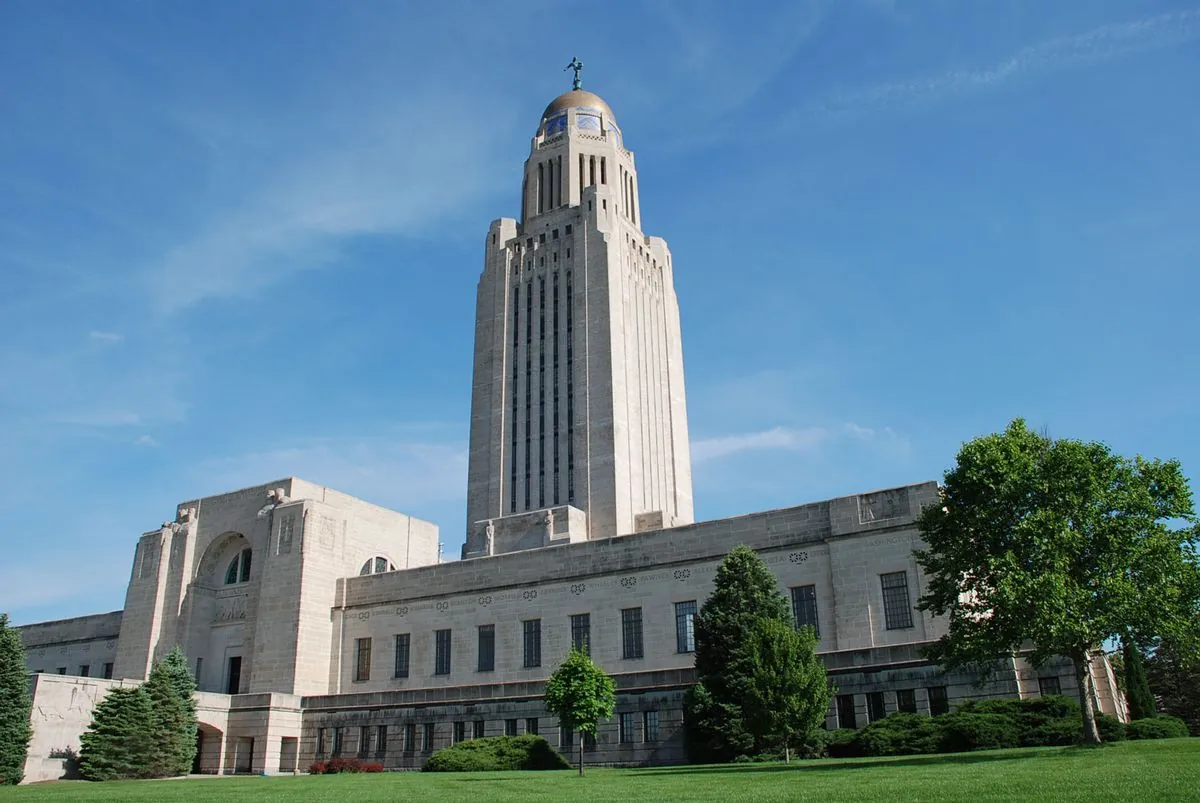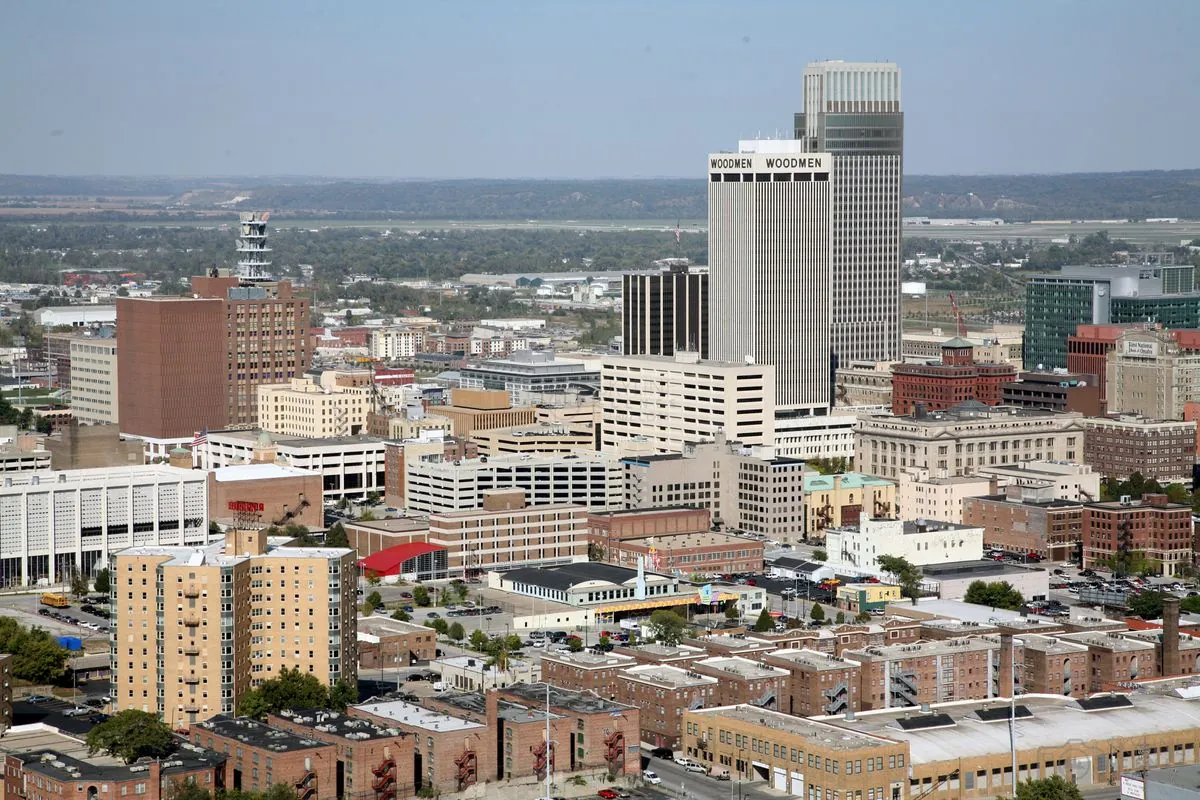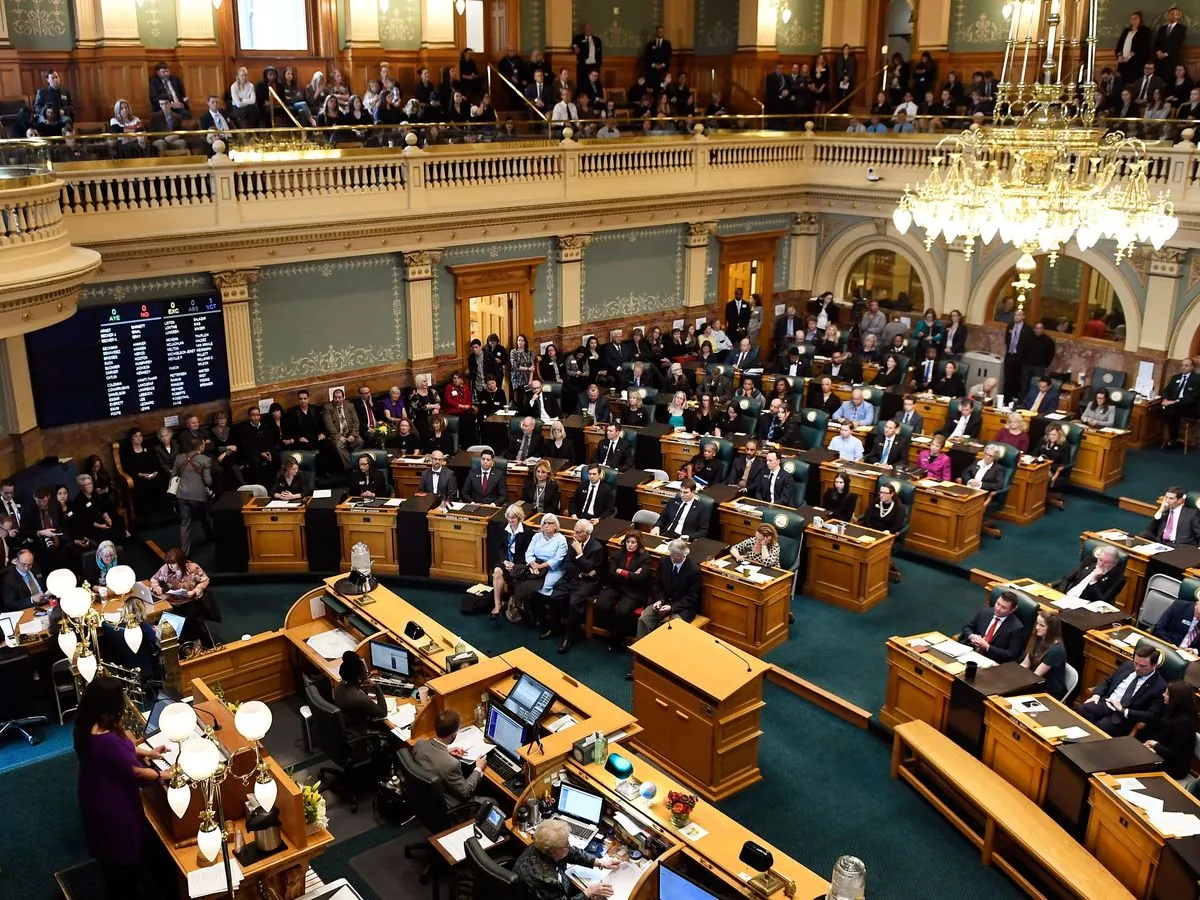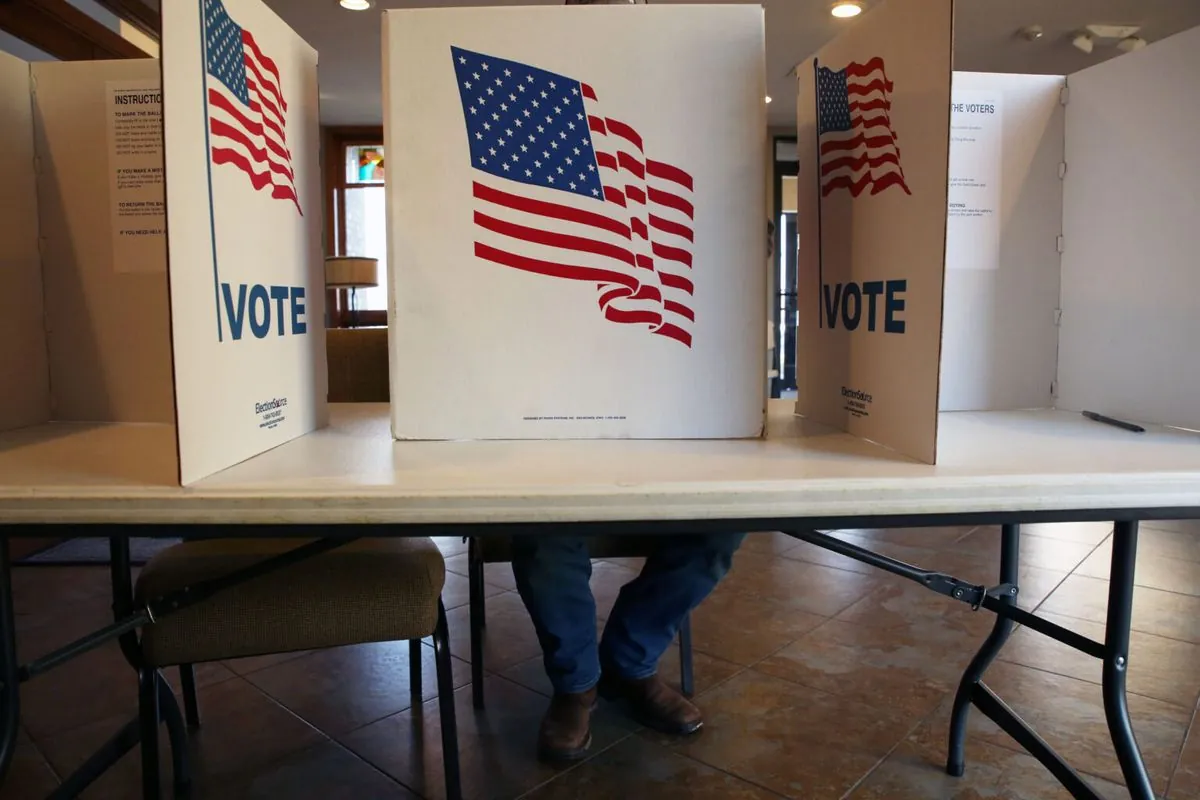Nebraska GOP Urged to Change Electoral Vote System Ahead of 2024 Election
Trump allies push Nebraska to adopt winner-take-all electoral vote system, potentially impacting 2024 presidential race. The state's unique split-vote method faces scrutiny as election nears.

In a move that could significantly impact the 2024 presidential election, allies of Donald Trump are exerting pressure on Nebraska Republicans to modify the state's unique electoral vote allocation system. This push comes as the election approaches, with fewer than 50 days remaining until voters cast their ballots.
Nebraska, along with Maine, stands out as one of only two states that divide their electoral votes by congressional district. This system, adopted by Nebraska in 1991 and Maine in 1969, has allowed for the possibility of split electoral votes in recent presidential elections. The U.S. Constitution grants states the authority to determine how they allocate their electoral votes, making this potential change legally feasible.
Senator Lindsey Graham, a prominent Trump supporter, recently met with GOP lawmakers in Nebraska to advocate for a shift to a winner-take-all system. This change is backed by the state's all-Republican congressional delegation and Republican Governor Jim Pillen. Graham emphasized the potential significance of a single electoral vote in the upcoming election, stating on NBC's "Meet the Press":
"To my friends in Nebraska, that one electoral vote could be the difference between Harris being president and not, and she's a disaster for Nebraska and the world."
The urgency behind this push stems from the tight race between Trump and Democrat Kamala Harris across several battleground states. Nebraska's 2nd Congressional District, which includes Omaha, the state's largest city, has become a focal point in this debate. This district, which voted for Joe Biden in 2020 and Barack Obama in 2008, could potentially play a decisive role in certain electoral scenarios.

In a hypothetical situation where Harris secures Wisconsin, Michigan, and Pennsylvania, while Trump wins North Carolina, Georgia, Arizona, and Nevada, the election could hinge on Nebraska's 2nd District. This district could either provide Harris with the crucial 270th electoral vote or result in a 269-269 tie, leading to a House of Representatives decision.
Nebraska's five Republican representatives in Congress have urged their state colleagues to change the law, arguing for a unified state voice in presidential elections. Governor Pillen has expressed willingness to call a special legislative session if there's clear support from 33 senators, the minimum required to pass legislation in Nebraska's unique unicameral legislature.
The state's political landscape adds complexity to this issue. While Republicans control 33 seats in the legislature, they are not united on this matter. Nebraska's legislature, officially nonpartisan and the only one of its kind in the U.S., consists of 49 senators representing a diverse range of constituents.
Democrats in Nebraska have begun showing support for the current system, displaying yard signs with a blue dot on a white background, symbolizing the potential role of the Omaha district as a Democratic enclave in a predominantly Republican state.
This debate occurs against the backdrop of Nebraska's rich political history. The state, which became the 37th to join the Union in 1867, has consistently voted Republican in presidential elections since 1964, with the exception of the 2nd District's recent Democratic leanings. The state's motto, "Equality Before the Law," seems particularly relevant in this discussion about electoral representation.
As the 2024 election approaches, the outcome of this proposed change could have far-reaching implications, potentially altering the strategy and outcome of the presidential race. With the Electoral College comprising 538 electors and 270 votes needed to secure the presidency, every electoral vote, including those from Nebraska, could prove crucial in determining the next occupant of the White House.


































